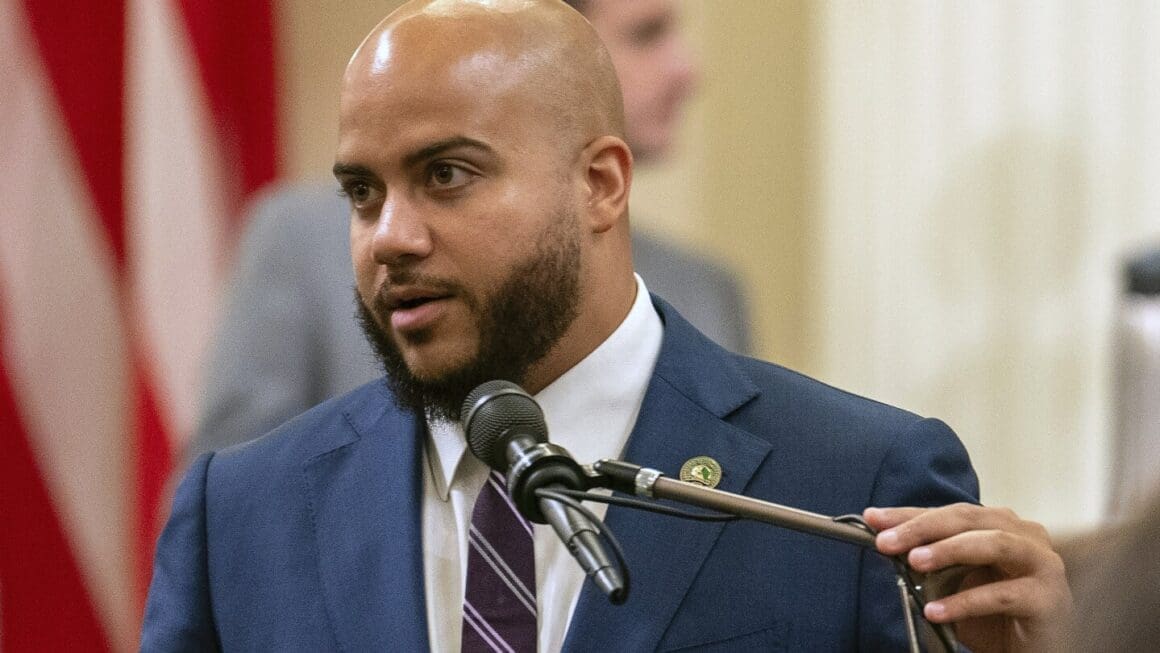California lawmakers are evaluating a groundbreaking bill that could significantly impact the state’s public university admission process by giving preference to descendants of slaves.
The proposal, spearheaded by Assemblymember Isaac Bryan from Los Angeles, aims to address historical inequalities by adjusting admission priorities at the University of California and California State University. With lawmakers gathering in Sacramento to begin a new legislative session, this bill is poised for introduction amid a backdrop of political shifts regarding diversity, equity, and inclusion (DEI) initiatives in the United States.
The proposed legislation is partly a response to recent federal and state actions that have sought to curtail DEI programs, particularly following the Supreme Court’s decision to end affirmative action at universities. This decision has led to a reevaluation of how universities approach diversity and admission priorities. Critics of the court’s ruling point to the continued allowance of legacy admissions, which often favor children of alumni and donors, as perpetuating existing racial and economic disparities.
Assemblymember Bryan articulated a strong moral obligation to counteract the historical preference for affluent, often white, applicants through legacy admissions. He emphasized the importance of rectifying past injustices that have disproportionately disadvantaged Black students, who comprise about 4% of the student body in California’s public universities.
Although California has made strides toward addressing its historical racism, including a formal apology for discrimination against Black residents, efforts to implement broader reparations have faced challenges. For example, a proposal intended to create an agency for administering reparations was obstructed by state lawmakers, and another bill that sought to help Black families reclaim seized property was vetoed by the governor.
Despite these setbacks, Bryan and others remain hopeful. The current proposal aligns with recommendations from California’s Black reparations task force, recognizing the state’s role in perpetuating inequalities resulting from slavery. Bryan sees this effort as going beyond monetary reparations, aiming to heal longstanding societal harm through systemic change.
The legislation has sparked significant political debate, especially in the context of former President Donald Trump’s stance on DEI programs. Trump’s previous comments on imposing fines on universities with diversity initiatives and his broader education policies have intensified discussions around the inclusivity and fairness of university admissions systems. His administration’s opposition to DEI measures has also emboldened several states to enact or propose laws restricting such programs.
Amid this political climate, the introduction of Bryan’s bill underscores a contrasting vision for California’s approach to diversity. It reflects ongoing national discussions about racial equity in education, highlighting the complex interplay between federal, state, and societal dynamics. As this bill navigates the legislative process, it will serve as a litmus test for California’s commitment to addressing historical disparities and the broader national conversation on racial justice.
As California lawmakers deliberate on this proposal, the outcome will be closely watched as an indicator of the state’s dedication to confronting historical inequities and its influence on national education policy.
Source: Apnews














